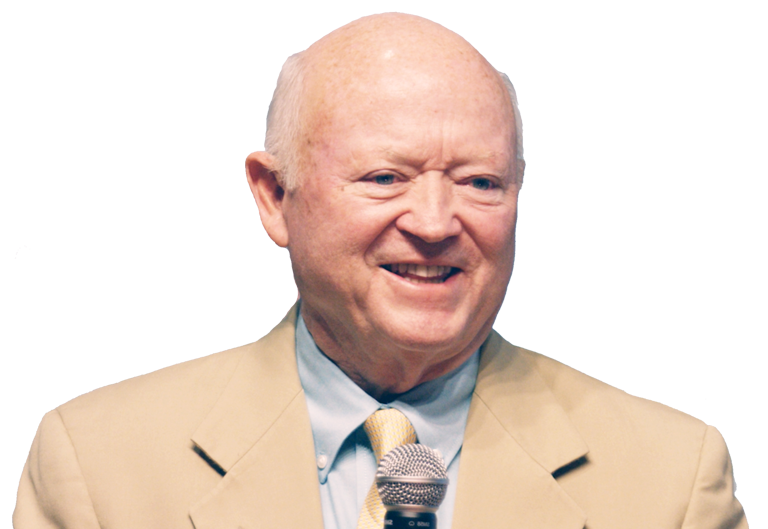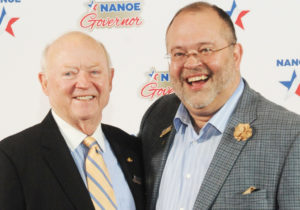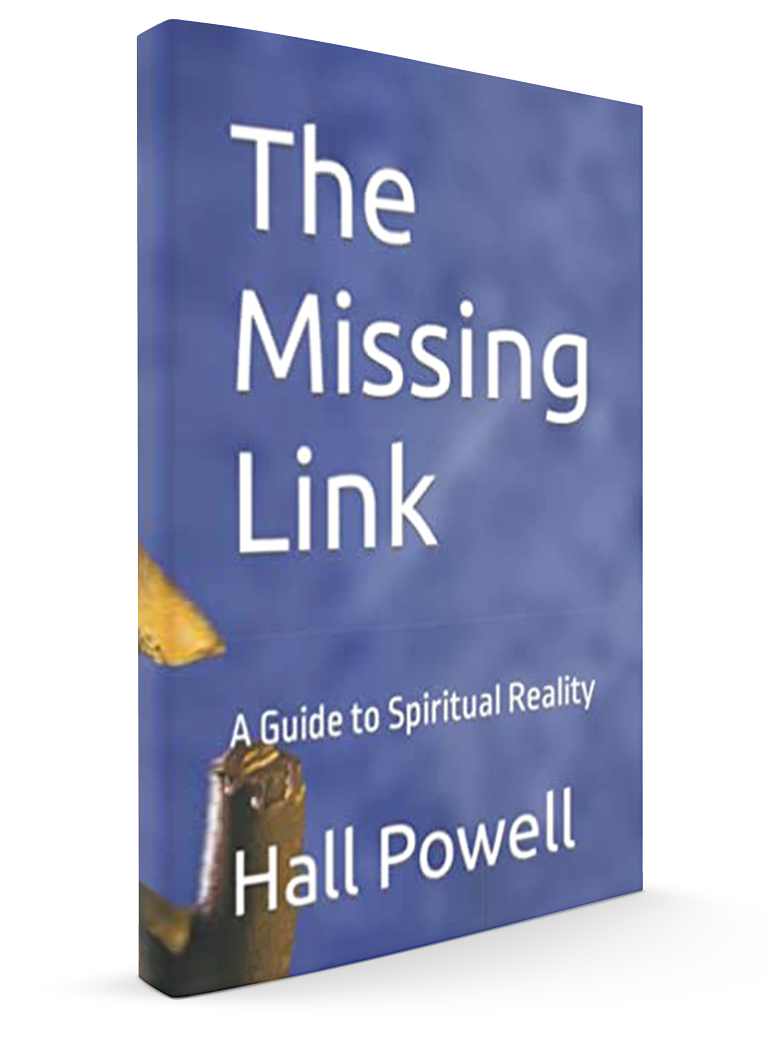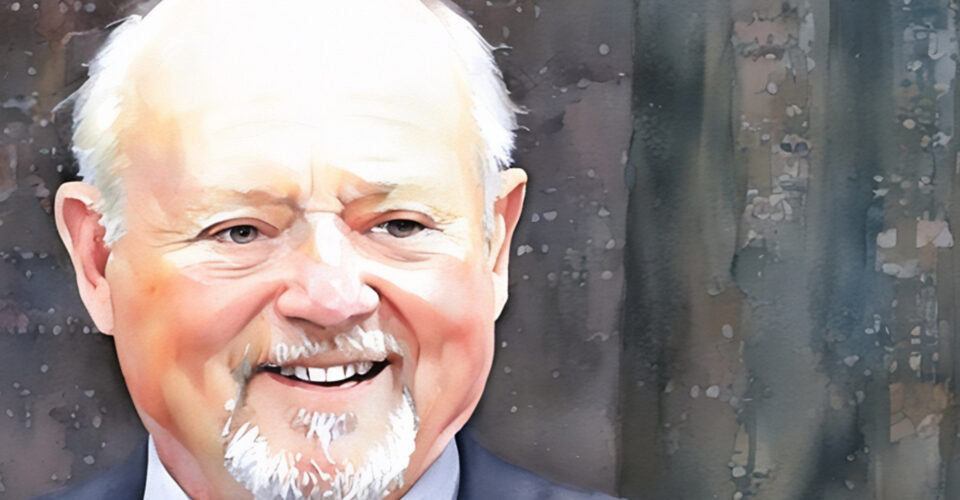
Hall Powell, MBA, CNC
In the early 2000s, the divorce rate among Christians exceeded that of non-Christians. The United States, a country founded basically on biblical principles, is under fire by liberal thinkers who would remove any Christian influence from the governing of the nation. Well-known ministers and evangelists are convicted of fraud. Others are found participating in immoral acts. Some are sued by members for the effects of “church discipline” or accused of child abuse. Ministers wring their hands wondering why church membership is waning. “Marketing” Christianity as a way of attracting people to attend churches is becoming more common. Christians struggle with the tension between biblical knowledge and personal reality. Conservatives battle liberals, and while all of this is going on, the non-Christian world cynically observes the “Christian soldiers” fighting among themselves and being slaughtered by “friendly fire.” Why? That is what this book is about – The Missing Link that accounts for the lack of spiritual reality in the lives of most Christians.
VISIT HERE TO PURCHASE YOUR COPY OF THE MISSING LINK TODAY
More than 45 years ago, I heard Dr. Stephen Olford make the statement that the Church in America was going to have to give an accounting to the Lord as to the plight of America, because the Lord gave this country to Christians as a place of proclaiming and living out the truths of the gospel as a beacon unto the entire world. Look at the Church now. From our beginnings as a nation established on biblical principles to where we are in the 21st century, a nation rebelling against God, committed to separating the Christian Church from any form of influence on our society, we are truly no longer a “Christian nation.” The Church in America has, for the most part, succeeded in making people religious in conformity to the institutional church way of Christianity without leading people into a vital personal relationship with Jesus Christ — a relationship that is truly spiritual and not a religious form of works. In my opinion, much of the activities of the institutional church are to sustain the institutional structure, including the careers of professional Christians, and not necessarily to make disciples and equip the saints for ministry. Obviously, there are exceptions to my premise, and thank God for those people and church groups who are truly making disciples as their first priority and calling. However, I think some seminarians, teachers, and pastors think “making disciples” means making church members. This book will examine more about these distinctions as we explore what it means to be a true follower of Christ. There is a Missing Link in the life of most Christians that explains it all.
HALL POWELL HAS LIVED A LIFE OF MINISTRY AND FUNDRAISING
Hall and began his business career in Decatur, Georgia with Powell & Company Insurance, a multiple-lines general insurance agency, founded by Halls’ grandfather, George W. Powell. For five years, Hall developed skills in in how to develop long-term relationships with individuals and corporations, putting the needs of policy-holders as the priority foundation for success. He built his business by understanding that success was determined by identifying a need, meeting the need, and stewarding relationships with his clients.
Success in the insurance industry led Hall to accept an offer from Johnson & Johnson to manage a territory for a new manufacturing division of medical/surgical supplies for hospitals, and physicians. Hall’s success in this new opportunity required (1) a preferred product because of uniqueness and performance, (2) a way to effectively market the products to users and suppliers, and (3) a manufacturer/customer relationship built on trust. These same principles would eventually accompany Hall into the nonprofit sector.
Hall was ordained for pastoral ministry by the Southern Baptist Convention, a role in which he served for nine years. The pastoral experience instilled within him the desire to help other churches and faith-based, nonprofit organizations acquire and develop resources for their ministries.
One day in 1983 he received a phone call that was to result in a new direction for the “calling” upon his life.
 A good friend of Hall had decided to run for the U.S. Congress. Hall was asked to raise funds for the campaign. The fundraising campaign was successful, exceeding goal. Because of the successful campaign, Hall was referred to Ketchum, Inc. in Pittsburg, Pennsylvania. Hall was invited to join the firm, and serve the firm out of its newly established regional office in Charlotte, NC. After a year of on-the-job training, he was assigned to direct, what was at that time, the largest capital campaign conducted in Charlotte. The $10 million campaign to fund a youth and young adult alcohol and drug treatment facility exceeded its goal. The Board of Directors asked Hall to establish and serve as the CEO of a supporting foundation. It would serve as the fundraising arm of the organization. The Amethyst Foundation was established.
A good friend of Hall had decided to run for the U.S. Congress. Hall was asked to raise funds for the campaign. The fundraising campaign was successful, exceeding goal. Because of the successful campaign, Hall was referred to Ketchum, Inc. in Pittsburg, Pennsylvania. Hall was invited to join the firm, and serve the firm out of its newly established regional office in Charlotte, NC. After a year of on-the-job training, he was assigned to direct, what was at that time, the largest capital campaign conducted in Charlotte. The $10 million campaign to fund a youth and young adult alcohol and drug treatment facility exceeded its goal. The Board of Directors asked Hall to establish and serve as the CEO of a supporting foundation. It would serve as the fundraising arm of the organization. The Amethyst Foundation was established.
During his time at Amethyst Foundation, Hall helped establish the first National Society of Fundraising Processionals (NSFRE) – later renamed Association of Fundraising Professionals (AFP) chapter in Charlotte, NC, as he did so again In Wilmington, NC a few years later. Hall was awarded the Certified Fund-Raising Executives (CFRE) designation in 1989 while earning his MBA in the first Executive MBA program at Winthrop University. Soon after he graduated from Winthrop, Hall was invited to participate in the College of Business as an adjunct professor.
Soon after his retirement to Kure Beach, NC, Hall was introduced to Jimmy LaRose and the Major Gifts Ramp Up model that is offered and implemented for nonprofit clients through Development Systems International (DSI). Seeing how the donor-sensitive model of major gifts fundraising reflected his own convictions, and ethical principles of helping clients build long-term relationships with donors, while helping clients to achieve financial stability, Hall joined DSI as Senior Vice-President, and continues to serve clients through his cohort of fellow consultants.



